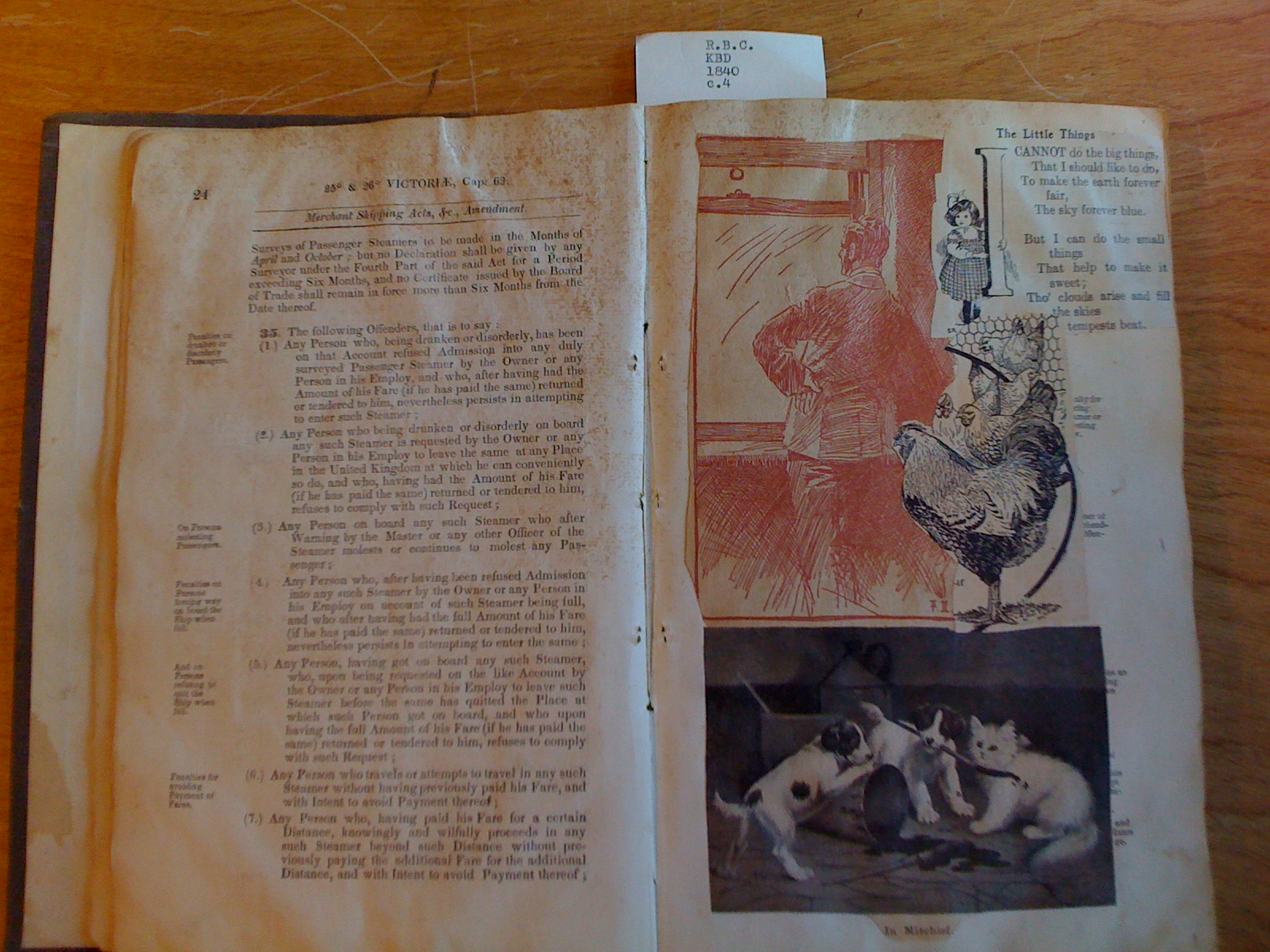A call number is a group of numbers and letters put together to tell you where you can find your book, DVD, map, or (sometimes) journal in the library. A call number is located at the bottom of the book spine. To find a call number for a book, you have to look it up in our online catalogue. Call numbers serve two purposes: first, they provide a unique location “address”, for every item within the library; second, they group items by subject, so that when you browse the shelves, you will find books on the same subject next to each other.
Call numbers are assigned not randomly but according to a classification system. In the Law Library, we have books in Library of Congress (LC) (at the 1 – 5 floors) or Cutter (in the basement) classification systems. It can be difficult to understand LC call numbers if you are not used to them, so you may wish to take a look at this small video that could help you to read a LC call number.
You may have noticed that in the Law Library, the majority of books have a call number that starts with K. This is due to the fact that letter K is assigned to “law” as a subject in the LC classification system. Any letters and numbers that you see after K denote a specific sub-subject, e.g. KE 470- 474 groups books on Law of Canada – Conflict of laws. You can consult this Tip-Sheet to see the break-down of the class K by topic.

